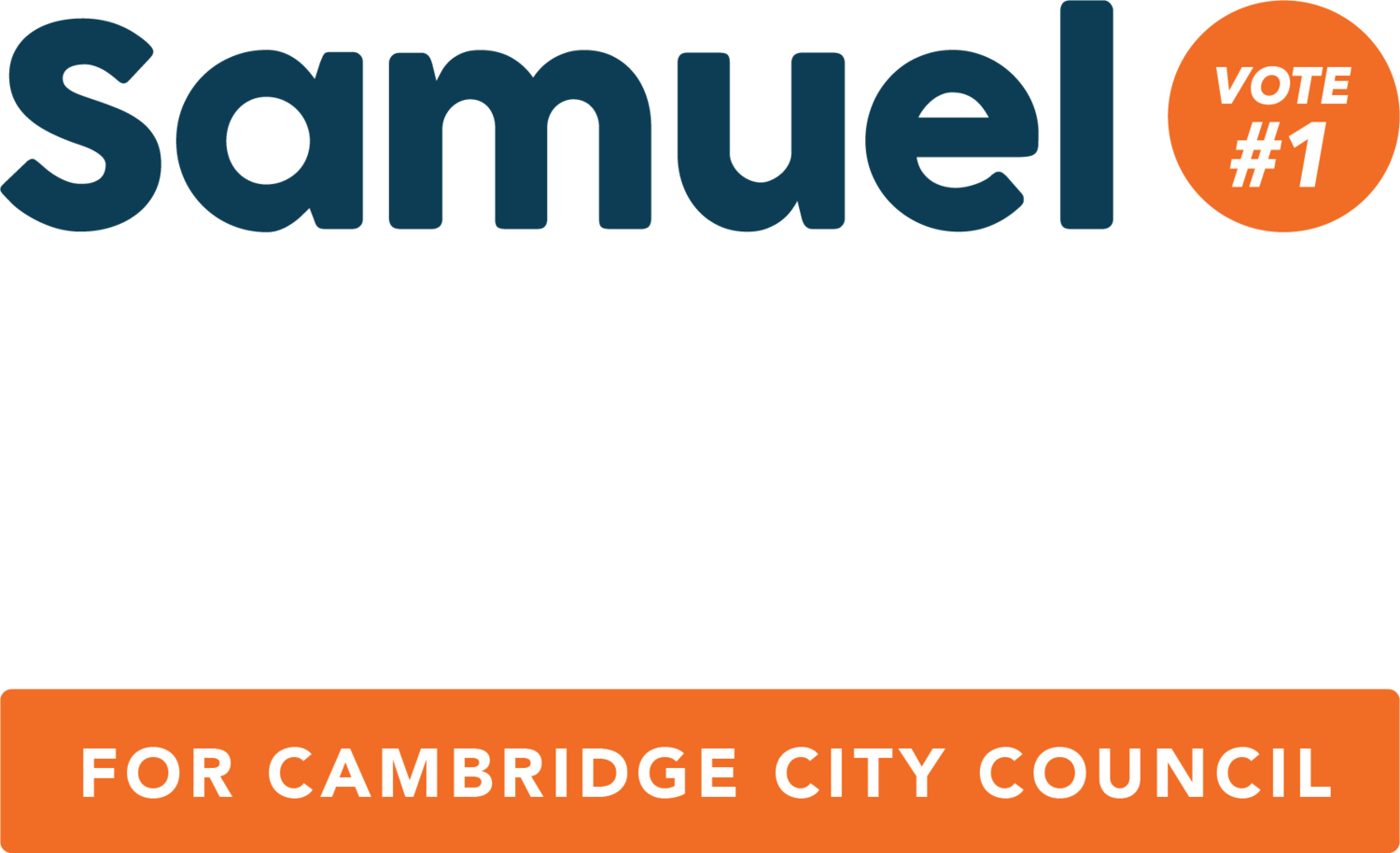Mental Health and Substance Abuse
The 2017 Cambridge Needs Assessment identified mental health--in particular Behavioral health and substance Abuse--as one of the city’s top priorities, and the number one health priority, requiring comprehensive and immediate action. In this respect, many of our residents’ basic needs are not being met in this respect. There is a critical need for local policy to address mental health and substance abuse terms of overall public health and quality of life while prioritizing the needs of our most vulnerable and underserved communities. Even more urgently, something needs to be done to stem the increasing tide of deaths from the opioid epidemic, a national crisis that has hit New England communities hard. Our city deserves a holistic approach to these issues, focusing on education, prevention, treatment, and harm reduction.
As your City Councillor, I will:
Direct tax revenues from recreational and medicinal marijuana to support existing outreach and prevention efforts.
Massachusetts residents have spoken, and recreational and medicinal marijuana use is now legal within the commonwealth. It is now up to cities to decide what to do with income from the legal marijuana economy. I will vote to direct tax revenues from medical and recreational marijuana to increase funding to the Cambridge Prevention Coalition’s Opioid Prevention and Education Network (OPEN), and reach out to other regional members of OPEN to do the same. I will vote to allocate funds to expand the Reality Check program to educate youth on the dangers of prescription opioid and benzodiazepine abuse as well as alcohol and marijuana abuse, and to educate parents on how to properly secure their prescription medications. Additionally, I will push to expand the CPC to include members from the varying communities of people who use drugs (PWUD). It is critical that the recovery and harm-reduction communities work with PWUD so that their perspectives are heard and understood and they can be partners in their own treatment and recovery.
Expand access to naloxone for the public and first responders.
I am encouraged by the news that Cambridge Police officers have recently been equipped with naloxone (trade name Narcan), a life-saving medication the timely use of which can prevent and reverse opioid overdose. CPD officers have already saved multiple lives thanks to this crucial new tool. Increased deployment of Narcan has been credited with our state’s 5% decline in deaths from opioid overdose in the first half of this year. With the increasing prevalence of synthetic opioids like fentanil and carfentanil, more doses of Narcan are needed per overdose, and the window in which they must be administered is shrinking. CPD officers currently carry Narcan in their vehicles, and only one or two doses. Lockboxes contained Narcan have been suggested, but they take time to open, time that people who are overdosing do not have. I will vote to make Narcan a standard element of all first responders’ kit, and work with nonprofits to provide doses of Narcan to the public at designated outreach locations modelled after successful programs in communities like Gloucester.
Increase funding to treatment and outreach programs that have proven to be effective partners in addressing the opioid epidemic.
Needle exchange and overdose prevention programs are at the frontlines of the opioid crisis. Besides helping to prevent transmission of bloodborne infections like Hepatitis C and HIV, they serve as vital centers for outreach and education efforts, and can help direct people who use drugs to treatment facilities. Although misunderstood, needle exchanges are a crucial component of our response to the opioid crisis. [The Aids Action Committee of Massachusetts, which operates one such location program in Cambridge, has been a critical ally.in this regard.] As city councillor, I will do everything in my power to ensure that existing needle exchanges stay open, and work to coordinate efforts between the CPC, external nonprofits, and community stakeholders to ensure that addressing the opioid crisis is a collaborative effort.
Partner with the wider Massachusetts medical and public health communities to explore innovative solutions to prevent further deaths from opioid overdose.
The Community Needs Assessment stressed the need for legislators to remain open to “bold and innovative approaches” when it comes to addressing our greatest challenges. When it comes to the opioid epidemic, I take that very seriously. I am open to exploring whatever solutions are recommended by the Massachusetts Medical Society, the American Medical Association, and experts in the harm-reduction, recovery, medicine, and public health communities. When it comes to saving lives, no potential solutions should be rejected out of hand. Our neighbors, our children, are loved ones, our friends--these are the people suffering from the opioid epidemic. They deserve no less.
